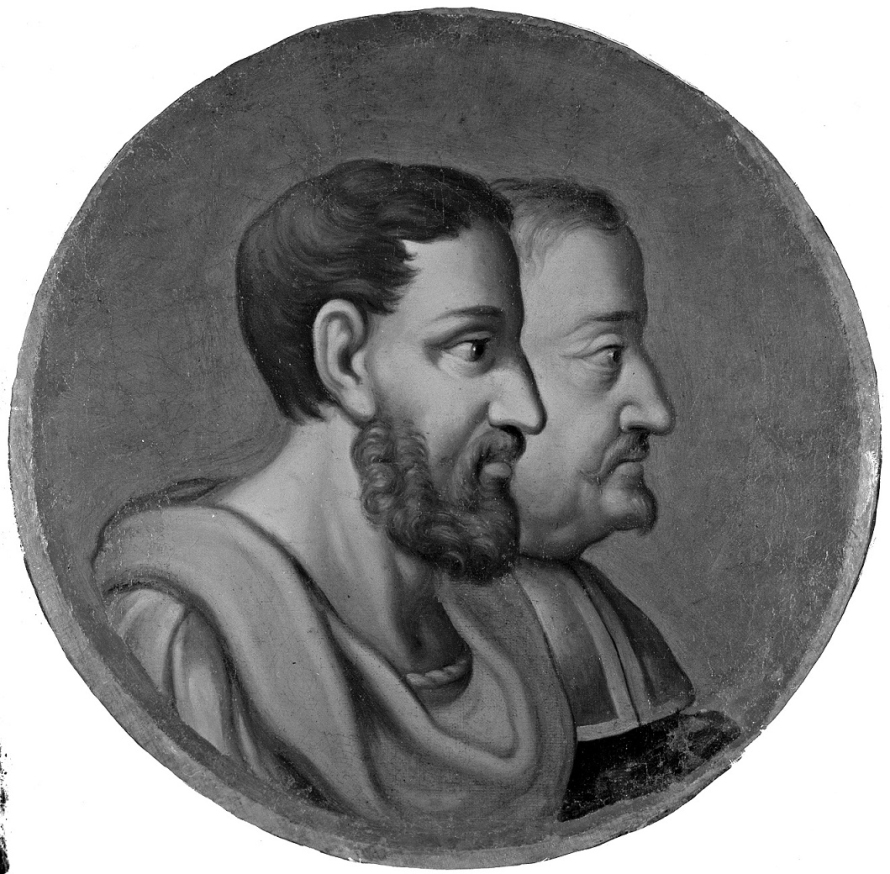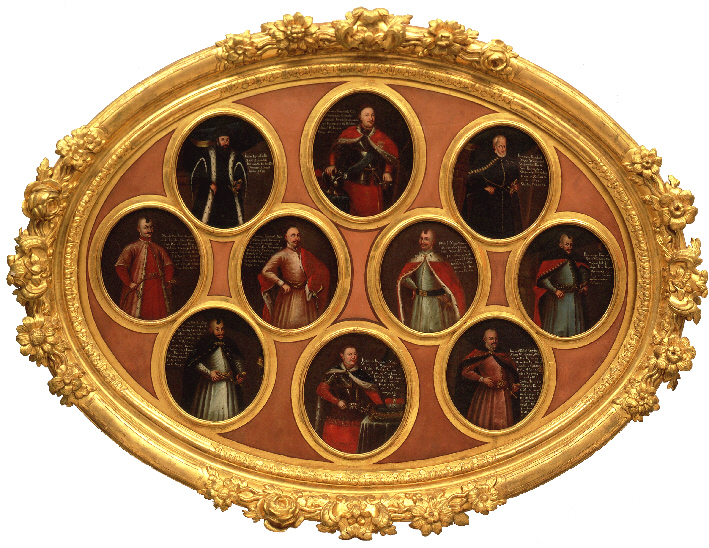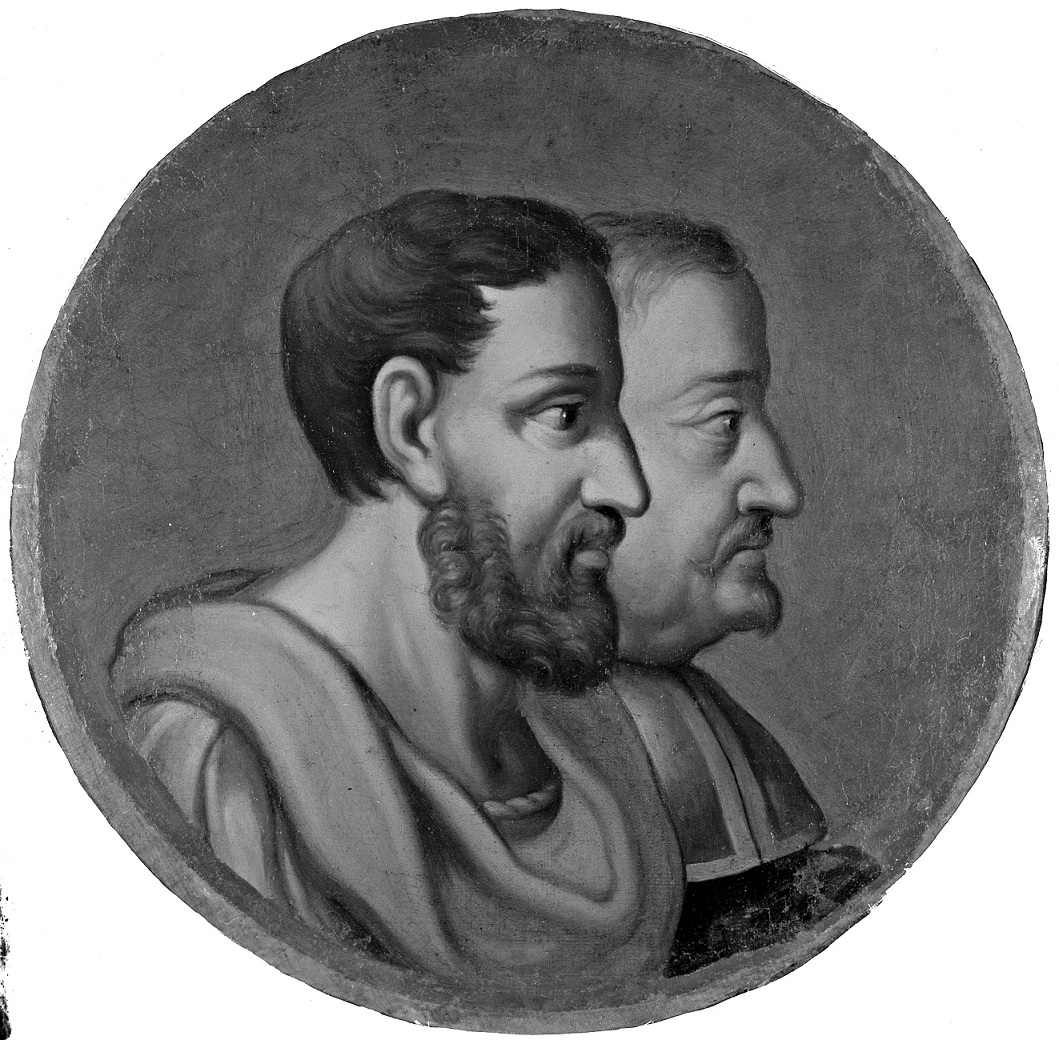Posthumous Fame of Justus Lipsius Among Sarmatians
Old Polish literature was for a long time influenced by Flemish philologist Justus Lipsius (1547–1606), well known to inhabitants of the Commonwealth already in his life time as an outstanding editor, philosopher and author of an extensive correspondence. Citing Lipsius as an authority was not only a sign of one’s erudition but also a reflection of humanist refinement. Inhabitants of the Commonwealth held Lipsius in high esteem chiefly for two reasons; they were convinced of a universal neo-Stoic approach reflected in the Dutch humanist’s teachings and they approved his specific literary style, referred to as Belgian.
A collection entitled ‘Posthumous Fame of Justus Lipsius, a Teacher of Wisdom and Erudition’ (‘Iusti Lipsi sapientiae et litterarum antistitis fama postuma’), published in Antwerp and reissued a number of times, contained inter alia works of Polish writers, namely Birkowski brothers. The volume, including numerous funeral poems dedicated to the memory of the eminent Dutchman, on the one hand fulfilled a panegyric function and on the other defended Lipsius’s good fame. Szymon Birkowski (1574–1626), known for his Latin translation of ‘The Arrangement of Words’ by Greek orator Dionysius of Halicarnassus, was the author of two poems in Latin and one in Greek included in the publication. Fabian Birkowski (1566–1636), one of Lipsius’s former correspondents, had a short poem in Greek published in the volume. The ‘Elegy for the Death of the Most Renowned and Most Learned Justus Lipsius’ (‘Elegia de obitu clarissimi et doctissimi viri Justi Lipsi’) was composed in the elegiac couplet by Szymon Birkowski in Naples. The author addressed it to Jan Andrzej Próchnicki, an envoy of Sigismund III Vasa, from 1607 Bishop of Kamieniec, to whom dedicated was one of the centuries of Lipsius’s letters. Since Próchnicki too remained in contact with the great Dutchman, it is not at all surprising when Szymon Birkowski reminds the addressee of his poem that Lipsius will not be able to send him any more letters or embark on any further conversation. Birkowski recalls Próchnicki’s admiration for Lipsius’s works, ‘the vital signs of a great mind’. The news of Lipsius’s death came as a great blow to Próchnicki. According to Birkowski, Próchnicki interpreted his master’s demise as a graver misfortune than the ongoing riots in Sarmatia and the Tartar military incursions. At this point the author alluded to the Zebrzydowski Rebellion, which he described as ‘a civil war’, ‘a great revolt’ and ‘a clique’. Próchnicki considered the death of Lipsius a graver loss because, as he put it, Lipsius-the Sun ‘would no longer shine his light onto the Earth’. Further on, Szymon Birkowski recalled the topics of Lipsius’s writing, by alluring to the following of his works: on the Roman army, amphitheatre, gladiators, war machines, Roman monuments, public activity, and finally on neo-Stoic ethics. The part addressed to Próchnicki leads the author on to apostrophes directed to Lipsius. At the end of the poem he states that he will never acknowledge the Flemish humanist dead, since his fame ‘shall live forever’. Birkowski appealed to Próchnicki that ‘the cruel fate’ is helpless when confronted with great renown awaiting Lipsius. Two subsequent poems by Szymon Birkowski published in the said collection dedicated to Lipsius are ten-verse Greek and Latin epitaphion. Birkowski refers to Lipsius’s gravestone as ‘a grave of the city of Rome’ and goes on to observe that the late thinker was buried alongside his wisdom. He encourages readers to wail and to pray for all possible fortune.
Szymon’s brother Fabian, also known as Adam Fabian Birkowski, composed an epitaph wherein he names Lipsius ‘a herald of bravery’ and stresses the talent of his ‘Muse playing a golden lute’. As a Dominican friar, Fabian Birkowski also invoked Lipsius in his sermons. His literary talent received a favourably opinion of Szymon Starowolski (1588–1656).
Starowolski, nicknamed ‘the Polish Lipsius’, made frequent references to the Dutch humanist’s work. In his ‘Hecaton of Polish Writers’ (‘Scriptorum Polonicorum Hekatontas’) he referred to him as ‘a coryphaeus of sciences and educated people of his age’. Starowolski quoted excerpts of Liupsius’s works in his laudatory speeches to, among others, the death of Sigismund III and Władysław IV. He cited Lipsius as an authority in his ‘Speech Against Slanderers of Poland’ (‘Declamatio contra obtrectatores Poloniae’) and drew from his master’s teaching in composing ‘The Righteous Knight’ and ‘Reformation of Polish Customs’.
Quoting Lipsius became a pretentious habit in 17th-century Poland. So much so that Krzysztof Opaliński (1609–1655), who had formerly stayed in Leuven and was later to make himself famous as one of the signers (apart inter alia Andrzej Grudziński) of the Treaty of Ujście, in his satire ‘To Those Considering Themselves Wise and Learned’ criticized all braggarts priding that ‘I have read Lipsius, and even Puteanus’. Wespazjan Kochowski, known thanks to his poem from the collection ‘Non-Idle Idleness’, cited Lipsius as an authority in his ‘Maiden Garden’, wherein he quoted the title ‘Instant Assistance’ (‘Praesentaneum sublevamen’) from Lipsius’s work dedicated to the Our Lady of Halle in Brabant. Jan III Sobieski, who had stayed in The Netherlands in his youth, was also acquainted with the Dutch thinker’s works.
Following Lipsius’s death, the translation of one of his best known treaties ‘On Constancy’ (‘De constantia’) was reissued twice and a new translation was published in 1783. In 1789 in turn, published in Cracow were excerpts in Polish of ‘Thoughts and Sentences Taken from Writings of Justus Lipsius’ by Michał Hieronim Juszyński. Adam Mickiewicz in his lectures at Collège de France invoked Lipsius’s favourable opinion of Szymon Szymonowic’s poetry.
Thus, Sarmatia gained a true friend in Lipsius and following the Belgian’s death became a eulogist of his fame.


